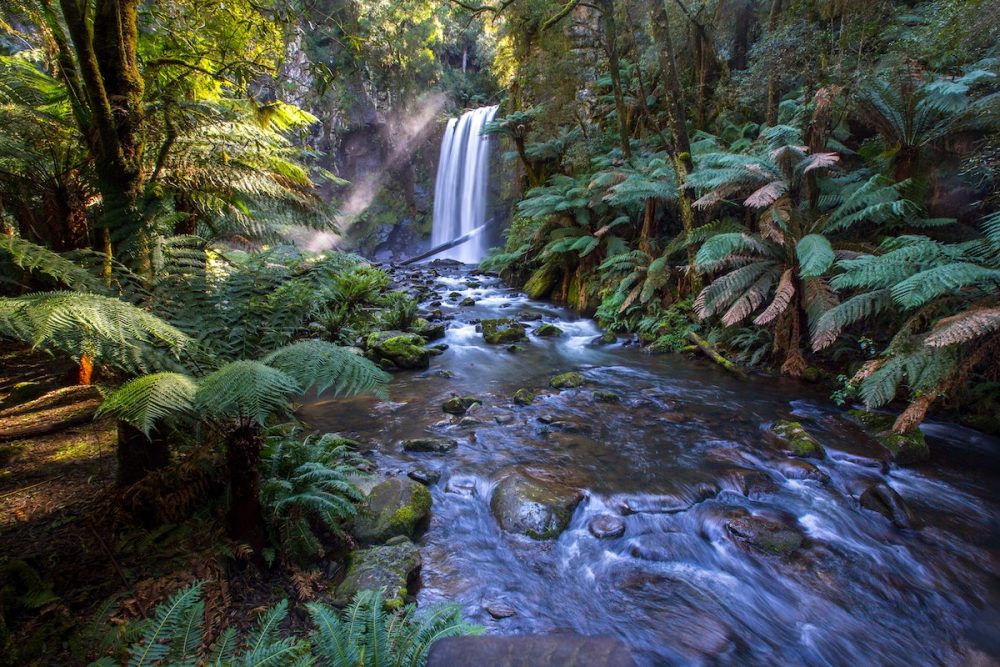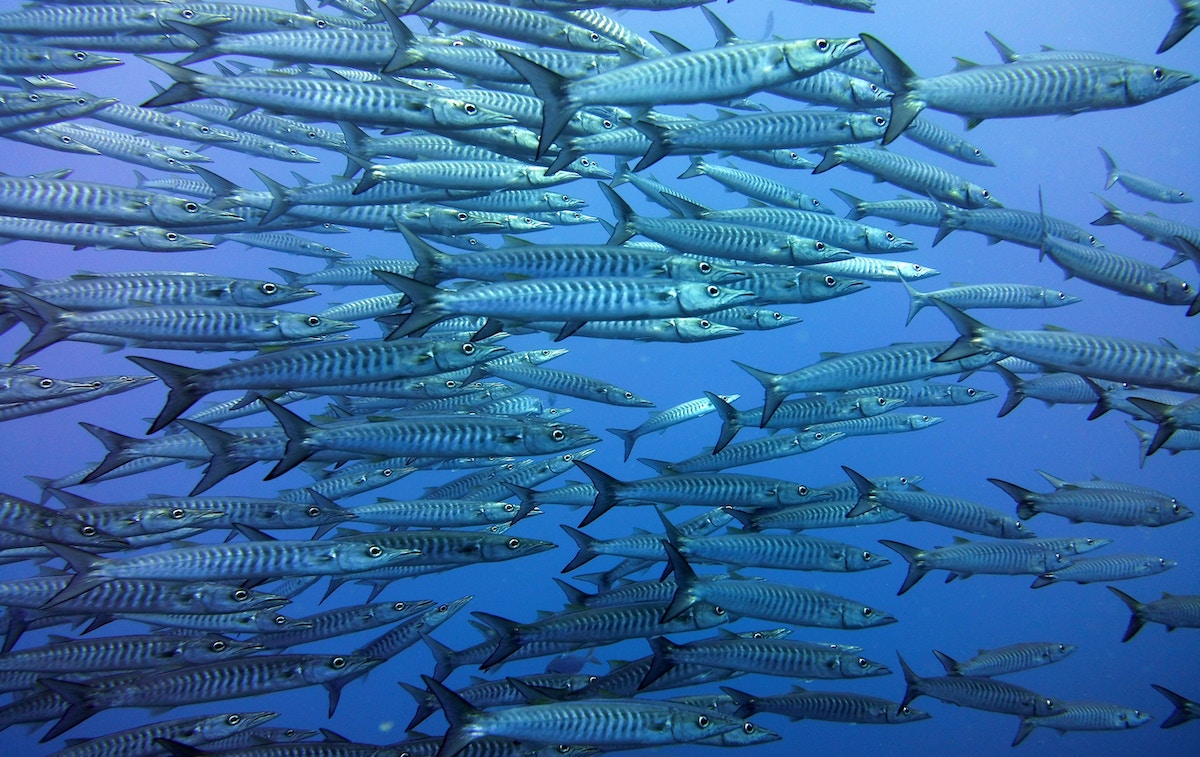-
Melb01: Observing turbulence with high-resolution satellite data

The proposed project aims to implement this new turbulence diagnostic scheme and evaluate its performance using high-resolution Himawari-8 imagery. Using data from the aviation industry, some preliminary verification of the diagnostic will be undertaken. Additional observational and model data will be used to investigate turbulence-prone atmospheric conditions and processes (e.g. wind shear, mountain waves, etc).
-
BoM04: Improving the quality of seasonal runoff forecasts by post-processing

The objective of this project is to develop and evaluate a post-processing method to correct gridded runoff forecasts. Improving the accuracy of gridded runoff forecasts helps to improve the skill of predictions of extreme events, such as the risk of flooding or drought.
-
BoM03: The role of soil moisture drought for wheat production in Australia

The aim of this student project is to investigate the relationships between hydrological extremes (especially soil moisture drought) and wheat production in Australia. The outcome of the project may inform the development seasonal forecasts of hydrological indicators for agricultural production in Australia.
-
BoM02: The effect of bias correction and downscaling methods on hydrological projections

The aim of this student project is to investigate the effect of bias correction and downscaling methods on hydrological projections for Australia.
-
BoM01: Changes in hydrological extremes across Australia under future climate change

The aim of this student project is to investigate the impacts of climate change on hydrological extremes, such as high runoff events, hydrological or agricultural drought. It uses outputs of the AWRA-L hydrological model, which underpins the BoM’s Australian Landscape Water Balance website.
-
ANU/UNSW01: Classifying land-use in cities for urban climate modelling

This project will use the World Urban Database and Access Portal Tools (WUDAPT) to classify land-use of Australian metropolitan regions and surrounds.
-
ANU02: Generalising FourierFlows.jl to run effortlessly on CPU and GPU

The proposed project involves generalising FourierFlows.jl so that it can run both on CPUs and on GPUs effortlessly. Running simulations on GPUs will enable up to 100 or even 200-times speedups.
-
ANU01: Are recent climate extremes really ‘extreme’?

This project will use output from state-of-the-art climate simulations of the Last Millennium (850–2005 CE) to explore the long-term variability of an Australian climate driver of the student’s choice. The student will explore the natural variability of that driver to determine its long-term context, and compare with palaeoclimate reconstructions (proxies) where possible.
-
UTas02: Understanding rapid coastal marine temperature extreme transitions and fish species risk

Project: To investigate rapid shallow-water/coastal marine cooling events characterised by sudden transitions from marine heatwave to marine cold spell conditions, and the risk likelihood to vulnerable fish species.

